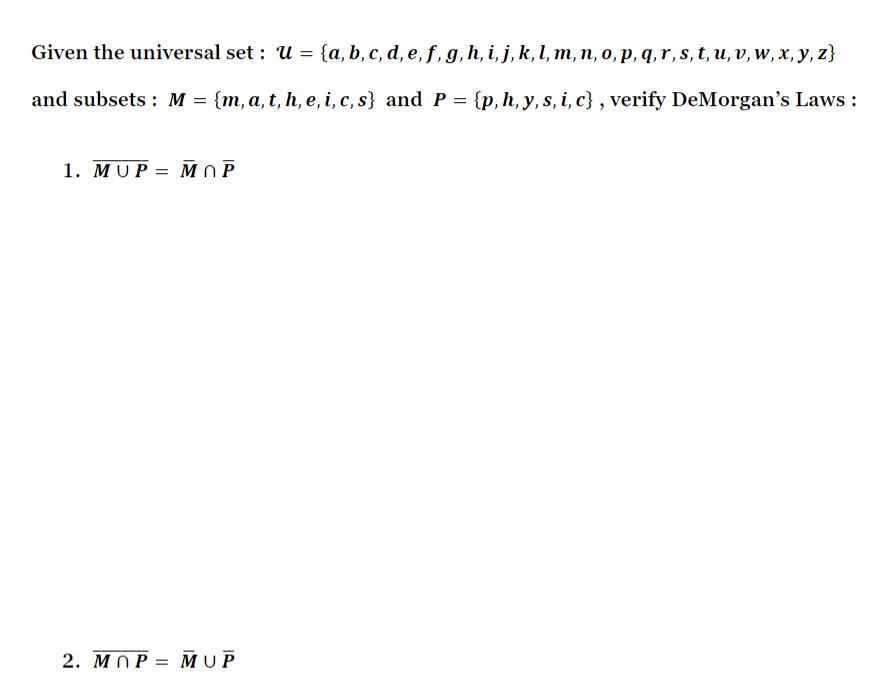

You’ll either break even, make a profit (or net earnings) or suffer a loss (which can get you a tax break on your general income). That includes personal transactions, too, so make sure to keep good records so you can account for the business-related income.Īt the end of the year, you’ll use Schedule C to report your info and subtract expenses from income. These sites are known as Payment Settlement Entities, or PSEs, and the Form 1099-K tax form they may send will include how much money passed through the payment site. Third-party payment sites like PayPal, Square, or Venmo may send you a tax form at the end of the year. The key is to keep detailed track of how much you earn (income) and how much it costs to run your business (expenses). Since your position is a bit fancier, your taxes will be a bit more involved. Whether you’re making those thrift store finds work in your favor, creating unique pieces to sell on Etsy, or restoring memorabilia to sell on eBay, running a storefront to turn a profit means you’re in the big league now.Įven if it’s just something to do on the side of your day job, congratulations: You are what’s called a “sole proprietor,” which is a fancy way of saying “a person who owns and runs a small business.”

Whatever extra income you made will be taxed as a capital gain.If you set up an account with the intention of flipping items and selling them for higher than you paid, skip this and go to the next section if, however, it’s just a happy accident when you get more than you paid, simply report the difference on a Schedule D as capital gains. Selling for higher than you paid might come up fairly often on eBay, since it’s bidding-based. That $170 is taxable as a capital gain, so when tax time rolls around, you should use Schedule D to report your capital gains and pay taxes accordingly. You did, however, have a gain of $170 since you originally paid $30. You didn’t plan to sell the painting for more than it cost you, so you’re not considered a business. He offers to pay you $200 for the painting, and you take the money. An artsy-looking chap strolls by, catches sight of it, and flings his beret into the air for joy. Let’s say you’re getting rid of a painting that cost you $30. Making back more than you paid (once in a while) As long as you sell your items for less than they cost you, you don’t have to pay taxes on the money you make.Sure, you won’t be raking in the dough because you’re not selling at a profit, but that amount somewhere between couch money and birthday cash is yours to keep.

If you use Poshmark to sell a pair of $50 running shoes for $15, you don’t have to pay taxes because the amount you received was less than the original price. When you sell personal used belongings for an amount that’s less than you originally paid, you’re in luck: You won’t owe taxes on the money you make. Maybe you need to get rid of junk, or maybe you’re doing a true-blue Dave Ramsey cleanse-whatever your motivation, sorting through personal belongings and slating some for your online store can bring in a pretty penny for your efforts. Selling used and personal items for a couple bucks It comes down to what you’re selling, how much you’re making, and why.īut why not make it even simpler? Let’s look at the three main reasons people sell online and talk straight about what you need to know for taxes. Taxes for online sales isn’t actually that hard-and some people may not even have to pay taxes at all. Paying taxes on the money you make from eBay, Etsy, Poshmark, and others seems like a touchy subject, doesn’t it? Part of you may want to just take your chances and figure it out as you go along, but why stress over what you don’t know? So what does that mean for you? Since you're already required to report business transactions, you probably won't be affected if you're doing things by the books. The report doesn't apply to personal payments or selling personal items at a loss (which we'll explain more in the first section of this post).
How do i transfer my ebay listings to letgo update#
Update for 2022: Third-party payment companies like PayPal and Venmo are required to report business transactions of more than $600 to the IRS.


 0 kommentar(er)
0 kommentar(er)
